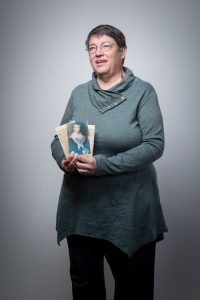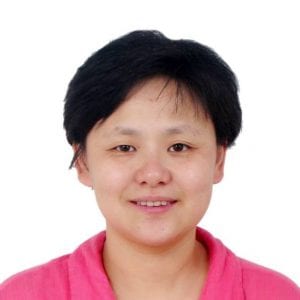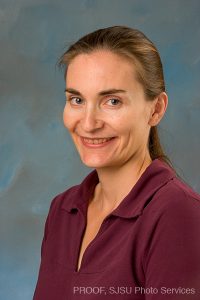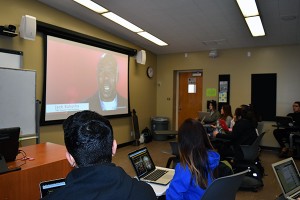Professor of Comparative Religious Studies Jennifer Rycenga has been immersed in writing a comprehensive cultural biography of white Abolitionist educator Prudence Crandall (1803-1890) who has interested Rycenga since first discovering the fellow educator in the late 1990s. She first learned of Crandall when she traveled to New England to visit the historic Crandall Academy, which now houses a museum. She soon recognized that the Academy’s founder had a rich story and decades later, Rycenga is ready to share her findings as part of the spring 2019 University Scholar Series on Feb. 20, at noon in the Dr. Martin Luther King Jr. Library, Room 225/229.
Rycenga, who teaches in the College of Humanities and the Arts Department of Humanities, has long had an interest in Abolitionist history, women’s religious history, feminist theories of music, and theoretical issues concerning philosophies of immanence and panentheism. Her latest work combines several of those interests.
During her University Scholars Series talk, she will share a story from Canterbury, Conn. circa 1830s, where women and men, Black and white, young and old, worked together to offer advanced formal education for Black women. Crandall became their teacher, and though the school was subjected to “constant racist vigilante and legal violence, the education and learning there were genuine,” Rycenga says.
Upcoming University Scholar Series events
Tatiana Shubin, Department of Mathematics and Statistics, on “Moving in Circles: the Beauty and Joy of Mathematics for Everyone
March 27, noon to 1 p.m.
Dr. Martin Luther King Jr. Library Room 225/229
Ellen Middaugh, Department of Child and Adolescent Development, on “Coming of Age in the Era of Outrage: Digital Media and Youth Civic Development”
April 24, noon to 1 p.m.
Dr. Martin Luther King Jr. Library Room 225/229
Sandra Hirsh, School of Information, on “Blockchain: Transformative Applications for Libraries and Education”
May 8, noon to 1 p.m.
Dr. Martin Luther King Jr. Library Room 225/229
All events are free and open to the public. Lunch is provided.



